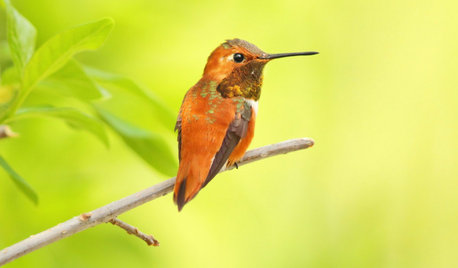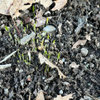GeneticallyModified seeds
annie_nh
12 years ago
Related Stories

GARDENING GUIDESBackyard Birds: Invite Entertaining Hummingbirds Into Your Garden
Hummingbirds — unique to the Americas — zip through open landscapes seasonally or year-round. Here’s how to attract them
Full StorySponsored
Columbus Area's Luxury Design Build Firm | 17x Best of Houzz Winner!
More Discussions







spedigrees z4VT
Thyme2dig NH Zone 5
Related Professionals
Bridgetown Landscape Architects & Landscape Designers · Lakeland Landscape Contractors · Wilmington Landscape Contractors · Framingham Landscape Contractors · Leicester Landscape Contractors · Lynn Landscape Contractors · Seven Hills Landscape Contractors · White Bear Lake Landscape Contractors · Adrian Decks, Patios & Outdoor Enclosures · Clermont Decks, Patios & Outdoor Enclosures · Green Bay Decks, Patios & Outdoor Enclosures · New Berlin Decks, Patios & Outdoor Enclosures · Pittsburgh Decks, Patios & Outdoor Enclosures · Renton Decks, Patios & Outdoor Enclosures · Verde Village Decks, Patios & Outdoor Enclosuresdiggerdee zone 6 CT
diggerdee zone 6 CT
corunum z6 CT
Steve Massachusetts
corunum z6 CT
Steve Massachusetts
poultryman
molie
terrene